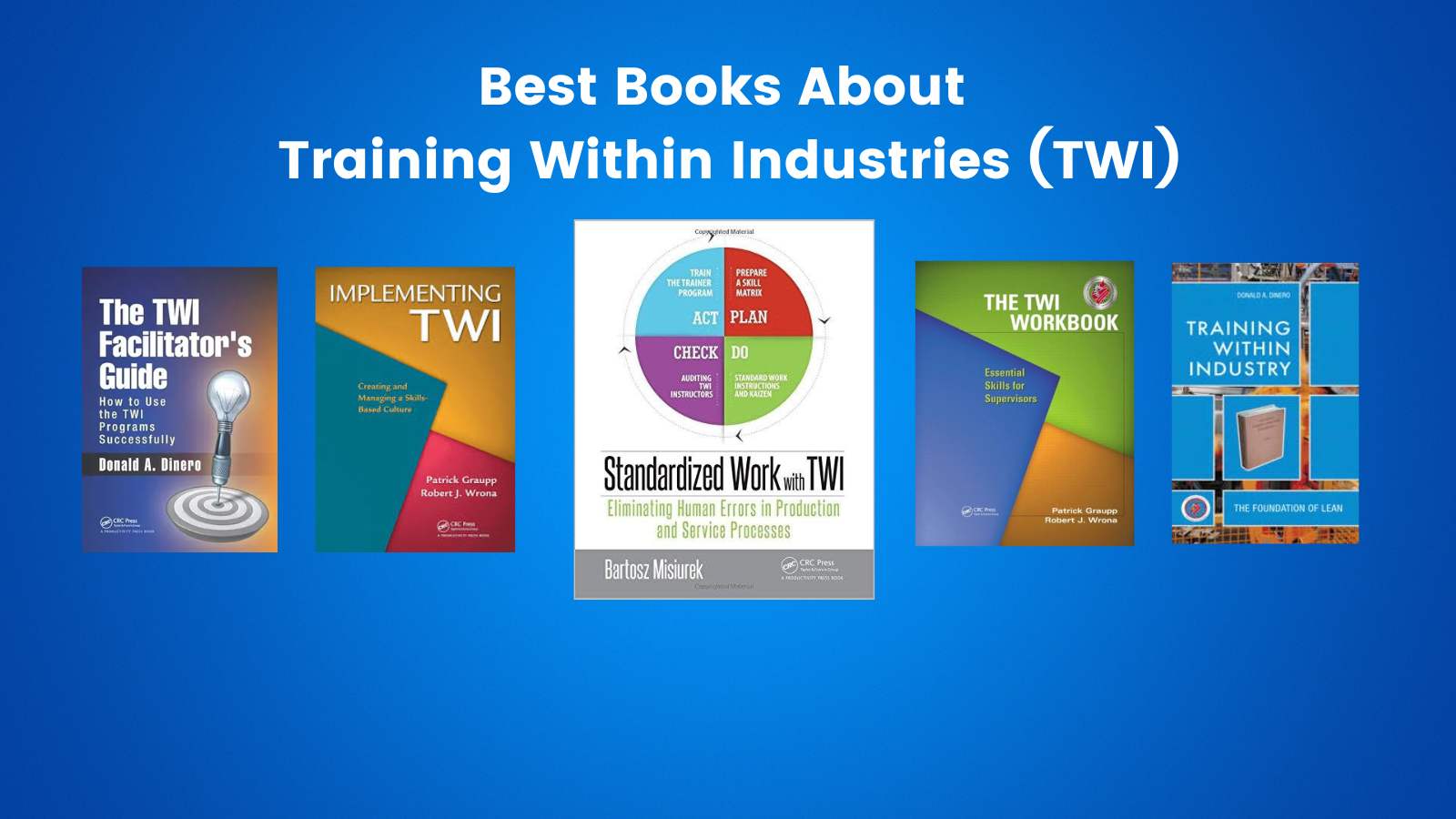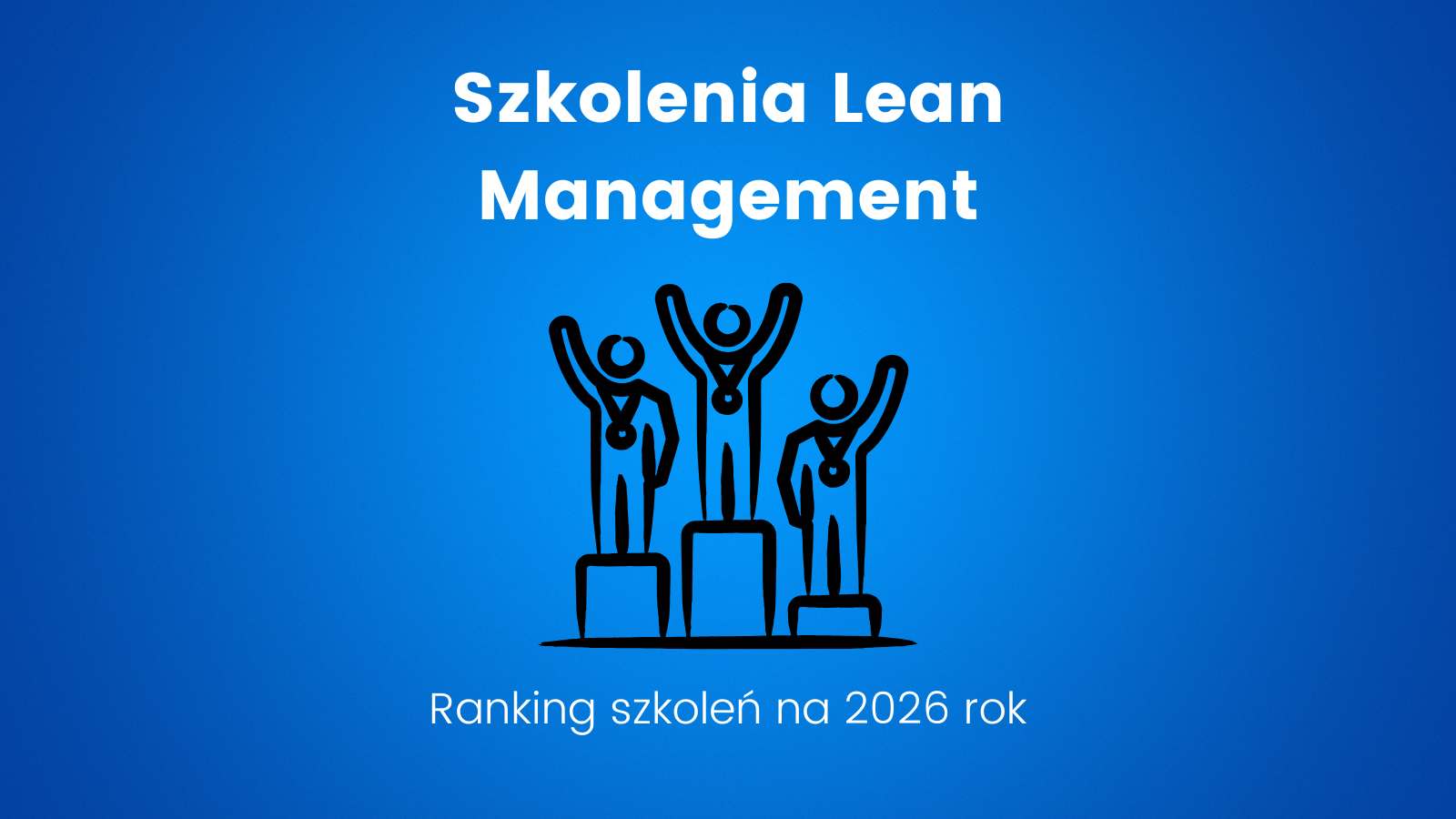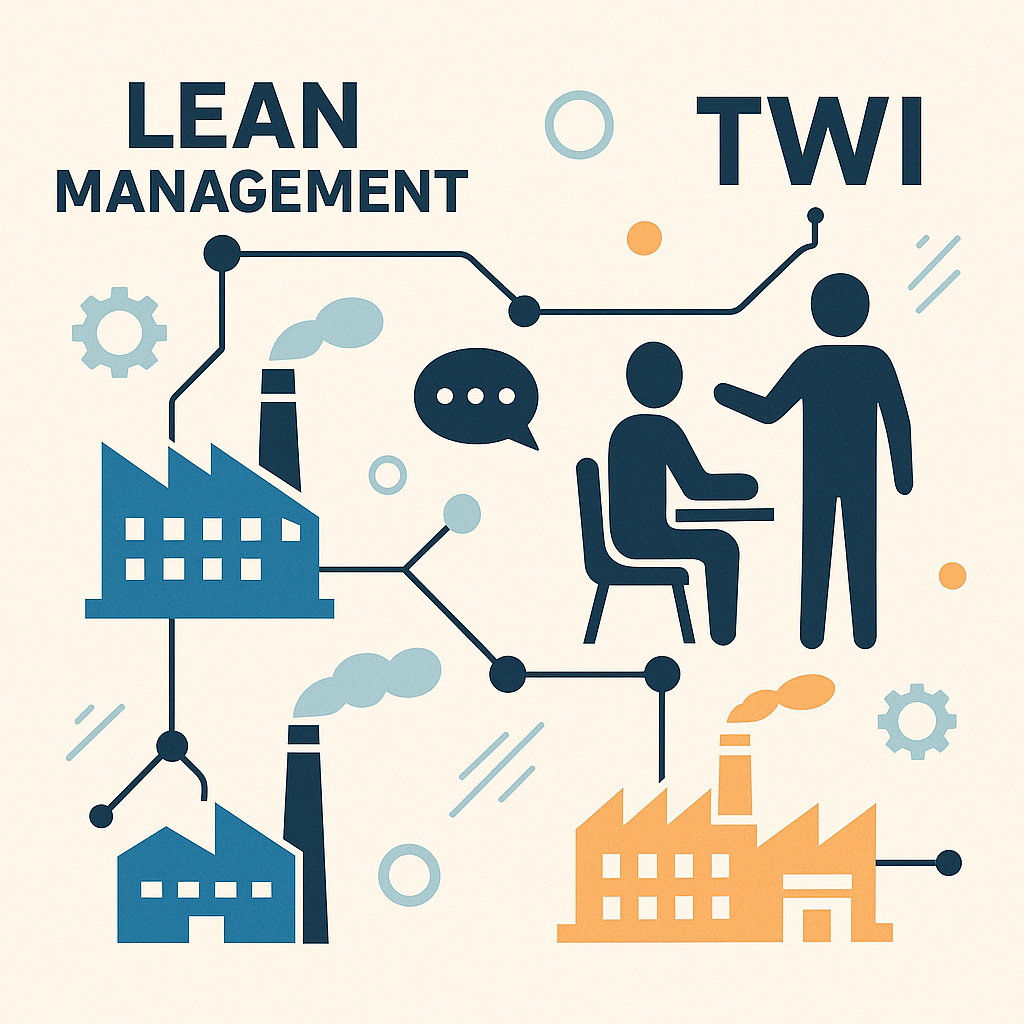Mistakes in leadership: insights. The popular joke goes that a manager can commit suicide by jumping from their EGO to their IQ. This satirical quip underscores a more profound truth about the pitfalls of leadership—highlighting the many errors and missteps that leaders, knowingly or unknowingly, often make in their pursuit of success and influence. Beyond the comedic overtone, a deeper reflection on these missteps provides invaluable insights into the complexities of effective leadership.
What other mistakes do we make?
- Abuse of power
- Exploiting others
- Using pressure, coercion, aggression, pressure, and punishment
- Inconsistency and unpredictability in behavior
- Overestimating oneself, one’s competencies, and the need to participate in every project and control all actions in the organization (managing one’s own ego)
- Overestimating one’s influence on others
- Self-admiration, excessive self-esteem, lack of humility, and self-control in behavior
- Behavior differentiation based solely on possessing power
- Diminishing the value of subordinates, undervaluing the quiet and humble ones
- Yielding to an employee’s public relations (PR)
- Stubbornness in error
- Lack of perspective
- Lack of emotional control
- Unpredictability
- Narrow perspective, failure to see a broader view, lack of holistic thinking
- Unclear goals
- Underestimation
- Difficulties in delegating tasks
- Lack of clear cooperation principles
- Difficulty in asking for help
- Ineffective listening, observing, asking questions
- Lack of awareness of one’s own cognitive errors
- Attempting to shape people to be like oneself
- Arrogance, assuming the role of a “professor”
- Constant fear for one’s own position and suspicion
- Blaming others and avoiding responsibility, hiding behind the decisions of others
- Excessive caretaking and overly familiar behavior towards people
- Staying in the same role after a promotion, sticking to what one is a specialist in
- Charging ahead recklessly with risk
Conclusion
Mistakes in leadership: insights. If we want people to respect us, let’s respect them too. Let’s listen more and talk less, admit our mistakes. Humility, reflection, commitment, serving others… and being human, are also valuable traits. Ultimately, leadership isn’t merely about holding a position or wielding authority; it’s a delicate orchestration of empathy, humility, and the ability to inspire and guide others. Reflecting on these mistakes serves as a compass, guiding leaders toward a more enlightened path—one that values introspection, open communication, and genuine human connection. True leadership isn’t about flawless execution but about acknowledging fallibility, learning from missteps, and cultivating an environment that fosters growth and mutual respect. By embracing humility, active listening, and a commitment to continuous improvement, leaders can forge a path that not only garners respect but also nurtures a culture of collaboration, understanding, and shared success.
Dr. Iwona Burka holds a Ph.D. in Economics and has carved a distinguished career as a business trainer, researcher, adviser, and university lecturer. Celebrated for her contribution to various papers on management systems, she's also co-authored the seminal book, "Lean Service in theory and practice". With years immersed in the real-world implementation of management systems, Dr. Burka excels at simplifying complexities and excess. She fervently champions the optimization of organizational processes using the Lean approach combined with the Kaizen philosophy.







